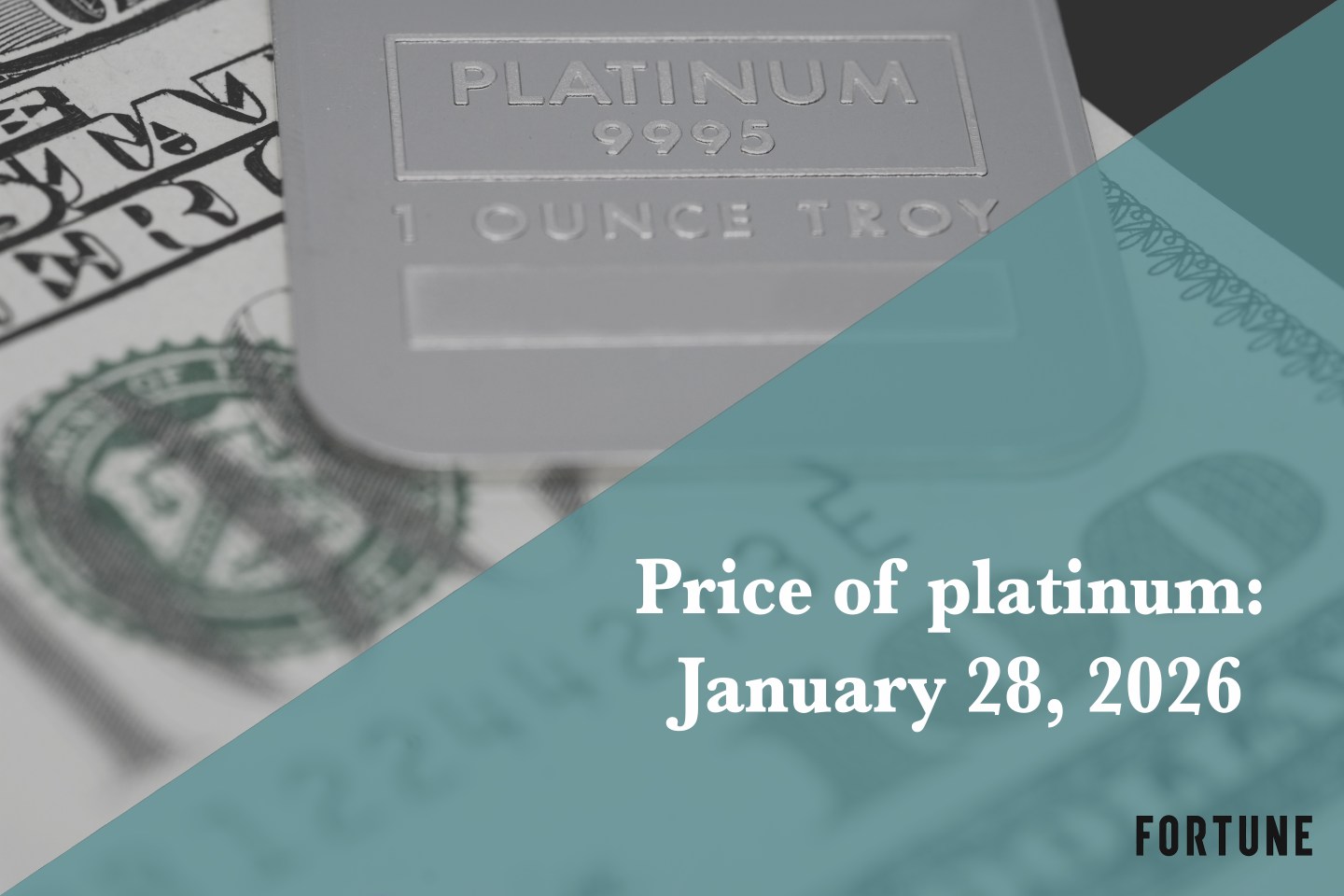Homeownership has traditionally been a gateway to the middle class American Dream. But owning property remains out of reach for many prospective homebuyers, and Black Americans in particular are still locked out of the homeowning market.
Racial discrimination in housing was outlawed with 1968’s Fair Housing Act. But the practice of discriminating against Black people survived in practice, and many Black Americans have been discouraged from moving to a more affluent neighborhood, or owning a home. For some Black Americans, racial identity has even led to below-market offers on home sales, further discouraging moves.
And according to a new survey, the racial gaps in homeownership are still alive and well in the U.S. Housing market.
Only 44.7% of Black families in the U.S. Own the home they live in, according to a new report by real estate brokerage firm Redfin. That is significantly less than the proportion of white families who own their home, which came in at 74%.
That puts the racial homeownership gap, the difference in homeownership rates between Black and white Americans, at nearly 30%, virtually unchanged from where it was a decade ago, according to Redfin. And Black Americans have only seen a marginal improvement from the 41.6% rate of homeownership for Black households in 1970, shortly after racial discrimination in housing was officially abolished.
“Black families are at an unfair financial disadvantage due to the legacy of racism and discrimination that has caused several generations to miss out on building wealth through homeownership,” Redfin Chief Economist Daryl Fairweather said in the report..
Prospective homebuyers who are Black can often run into more difficulties and headaches than other demographics in closing on a home. A study earlier this year found that Black households were being denied mortgages at a rate 84% higher than white buyers, and banks have even appeared more reticent in refinancing Black homeowners’ loans.
In 2020, Wells Fargo, the second biggest mortgage lender in the U.S., approved only 47% of refinancing applications from Black homeowners, compared to 72% of applications from white families.
While the national Black homeownership rate is relatively unchanged from a decade ago, in many cities Black families are actually less likely to own a home now, according to the report.
The biggest declines were seen in Milwaukee (down 8% from 2012) and Salt Lake City (down 7%), two cities where the Black homeownership rate sits below 25%. Washington D.C., Birmingham, Ala., and Richmond, Va, were the only cities where Black homeownership rates were above 50%, although rates fell by between 1-3% in these cities too.
The persistent racial housing gap remains despite overall homeownership rates surging during the pandemic. In 2020, the overall U.S. Homeownership rate went up 1.3%—the highest annual rise ever—with 2.6 million more households buying homes than in 2019. But despite the overall rise, homeownership rates for Black Americans fell slightly during that same period of time, while white, Hispanic, and Asian Americans all bought homes at higher rates than previous years.
The decline in Black homeownership rates leveled off in 2021, according to Redfin.
But that is only a “glimmer of hope in a flawed system,” Fairweather said, who identified Black Americans’ inability to become homeowners as a key driver of racial wealth gaps in the U.S.
“Because most Black Americans don’t currently own a home, most of them aren’t earning money through homeownership,” she said. “Moving forward, the public and private sectors should work together on a major policy overhaul to help Black families buy homes, as that is one of the most important steps in reducing inequality in this country.”











